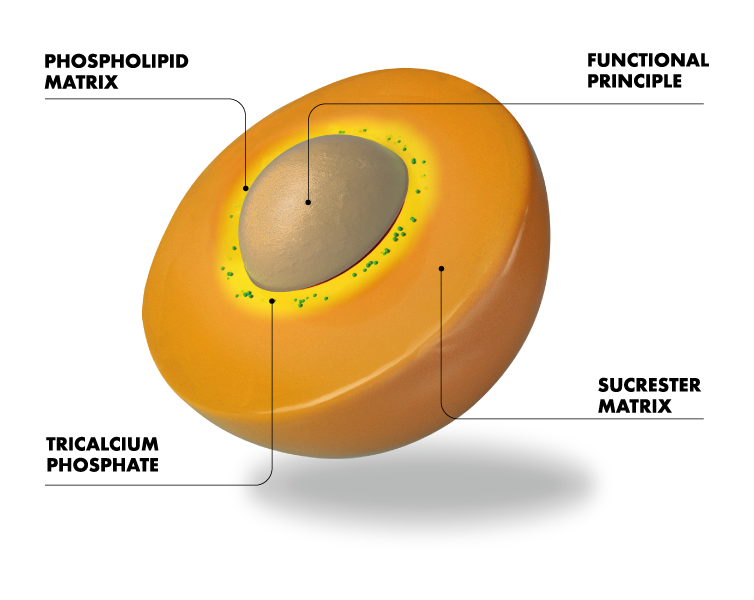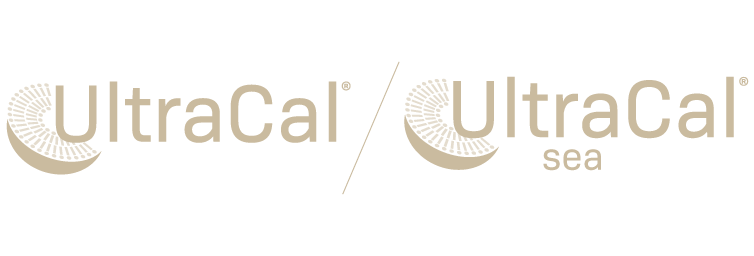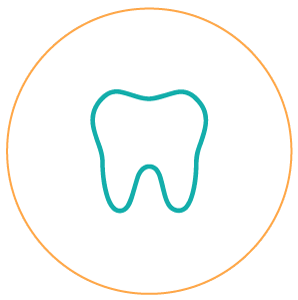UltraCal Sucrosomial® Calcium
UltraCal is a compound containing Sucrosomial® Calcium with tricalcium phosphate
UltraCal is a compound containing Sucrosomial® Calcium with tricalcium phosphate that ensures full bioavailability thanks to the association with Sucrosomial® Technology. Is formulated to provide the body with an excellent supply of this precious nutrient, which is essential for healthy bones and teeth as well as many vital functions.
Sucrosomial® Technology is able to improve the bioavailability of various poorly bioavailable minerals, including Iron and Magnesium and has been shown to be effective also in reducing the most common side effects.
UltraCal Sea Sucrosomial® Calcium
UltraCal Sea is the only source of Sucrosomial® Calcium deriving from the red algae Lithothamnion Calcareum
UltraCal Sea is a compound containing Sucrosomial® Calcium with calcium carbonate derived from the red algae Lithothamnion Calcareum, that guarantees high absorption and excellent tolerability.
UltraCal Sea Sucrosomial® Calcium is a calcium carbonate salt (> 30% calcium) consisting of a phospholipid and sucrose ester matrix, which helps the calcium to pass through the gastric environment without interacting with the mucosa or with other nutrients; it does not irritate the intestinal mucosa, where it is absorbed and then released.

Calcium is an essential macro-element for the normal development and maintenance of bones and teeth, as well as for correct neuromuscular and cardiac function. Almost all the calcium contained in our body is stored in the teeth and bones.
Calcium deficiency is the main cause of development of osteoporosis, and intake in food is not always sufficient, as absorption through milk and milk-based products is around 20-30%. The recommended daily intake of calcium is 800 mg, but only around 30-35% is absorbed, showing a reduction if administered in doses above 500 mg. Calcium intake can also cause gastrointestinal problems, including stomach pains, constipation, bloating and flatulence.
Health claims approved by the EFSA relating to calcium intake:
- “Calcium is needed for the maintenance of normal bones”
- “Calcium contributes to normal muscle function”
- “Calcium is needed for the maintenance of normal teeth”
- “Calcium contributes to normal blood clotting”
- “Calcium contributes to normal energy-yielding metabolism”
- “Calcium contributes to normal neurotransmission”
- “Calcium contributes to the normal function of digestive enzymes”
- “Calcium has a role in the process of cell division and specialisation”
| Advantages | Applications |
|---|---|
|
|







